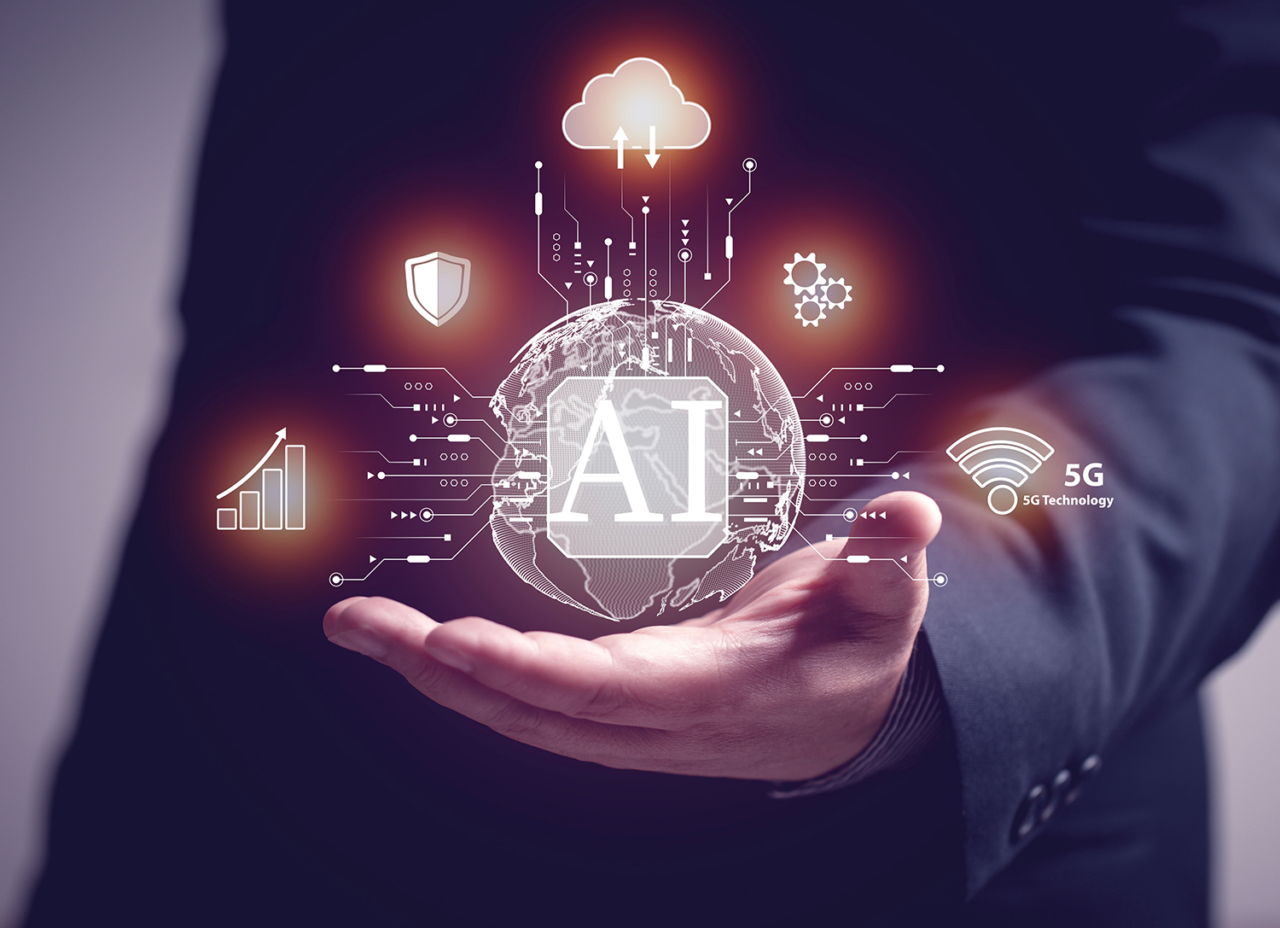Artificial Intelligence (AI) offers genuine solutions to help the forecourt retail sector prioritise health and safety compliance, ensuring operational resilience and sustained growth in an increasingly competitive market.
Safety protocol is paramount in any workplace, however, these policies and procedures hold a greater significance in the inherently risky forecourt sector, with a potentially dangerous mix of explosive vapours, liquids and airborne contaminants.
A robust health and safety strategy is established and maintained with clear, firm guidance from a strong leadership team and comprises all management, employees, suppliers, contractors and customers.
Petrol forecourts are no longer just places to refuel; they have evolved into dynamic hubs where convenience and consumer experience unite. With the rapid growth of electric vehicles (EVs), forecourt retail is undergoing a seismic transformation, introducing further operational challenges into the mix and making health and safety compliance more critical than ever.
The UK government requires employers to adhere to specified regulations and safety standards, however, taking responsibility for safety on site isn’t just the law, it is a moral obligation.
By harnessing the power of AI, forecourt owners can streamline health and safety processes, mitigate potential risks and simplify the complexities of compliance and reporting. This article examines the benefits and potential pitfalls of this incredible technology.
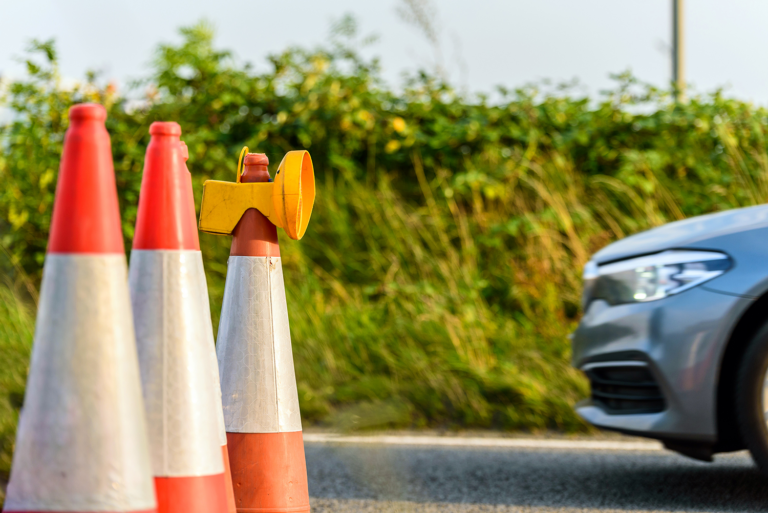
Benefits of AI
Risk Management: AI-powered surveillance systems and sensors can continuously monitor the forecourt in real time for potential hazards, such as fuel spills or unauthorised access to restricted areas. These systems can instantly alert staff and emergency services, enabling a swift response and facilitating immediate action to mitigate risks.
Predictive Analytics: AI can analyse historical data to predict possible safety issues before they occur. For example, AI can identify patterns that lead to accidents or equipment failure, allowing for proactive safety measures and preventative maintenance, which will ultimately reduce downtime.
Customer Safety: AI can improve customer safety by managing traffic flow on busy forecourts, By analysing patterns and predicting peak times, these systems can optimise the movement of vehicles and pedestrians, enhancing safety and efficiency.
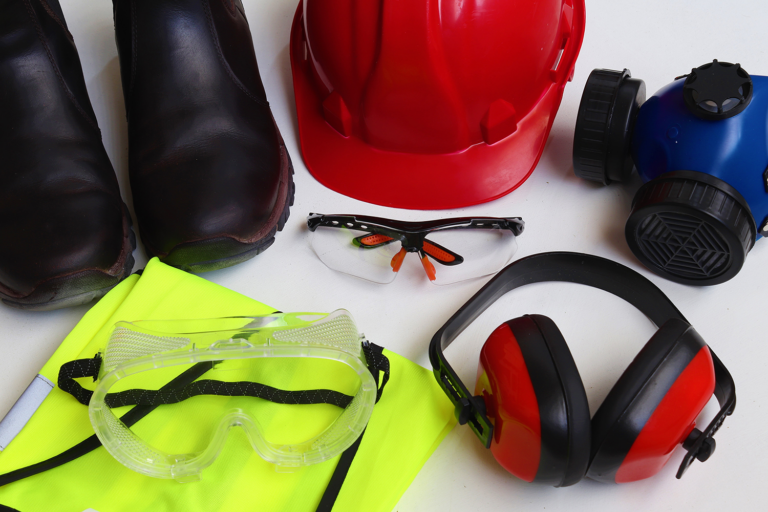
Benefits of AI
Advanced Training: AI-driven simulations and virtual reality (VR) are being used to train forecourt staff in handling emergencies and understanding safety protocols. This provides a more immersive and effective training experience and can help workers rehearse handling hazardous situations in a controlled environment, improving preparedness and response times in real-life situations.
Furthermore, AI can be used to create interactive training modules that educate employees on the importance of personal protective equipment (PPE) and proper usage; this training can be tailored to specific roles and areas within the forecourt.
PPE Usage: AI-powered cameras and sensors can monitor employees in real time to ensure they are wearing the correct PPE for their designated work areas. If the system detects a worker without the necessary PPE, it can immediately alert the individual and supervisors, reducing the need for manual checks. In addition, AI systems can be programmed to recognise different types of PPE and the specific areas where they are required, analysing the data to identify trends and areas for improvement.
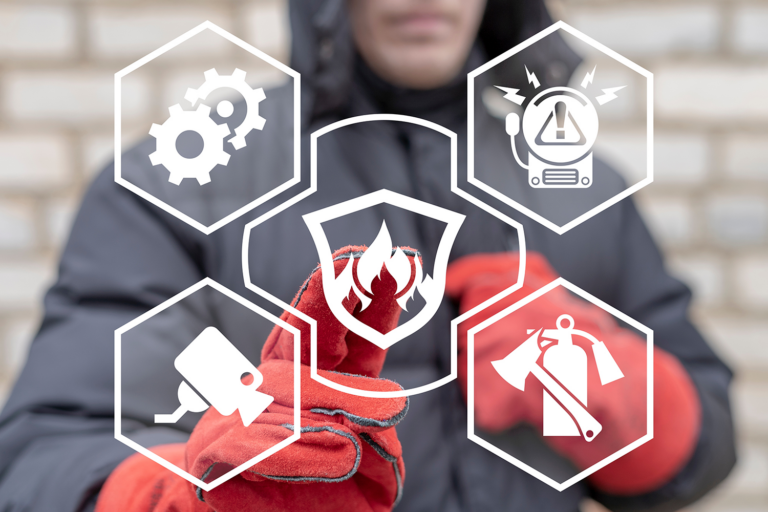
Benefits of AI
Compliance and Reporting: AI systems can help ensure compliance with health and safety regulations by automatically generating reports and tracking adherence to safety protocols. By automating data collection and analysis, AI can help identify the principal causes of accidents and propose corrective actions to prevent future incidents.
Emergency Protocols: AI can automate emergency response protocols, ensuring that the correct procedures are followed immediately. This includes shutting down fuel dispensers, activating fire suppression systems and notifying emergency services. AI-driven systems can facilitate better communication during emergencies, for instance, AI can manage and prioritise emergency calls, ensuring that critical information is relayed quickly and accurately to the right personnel.
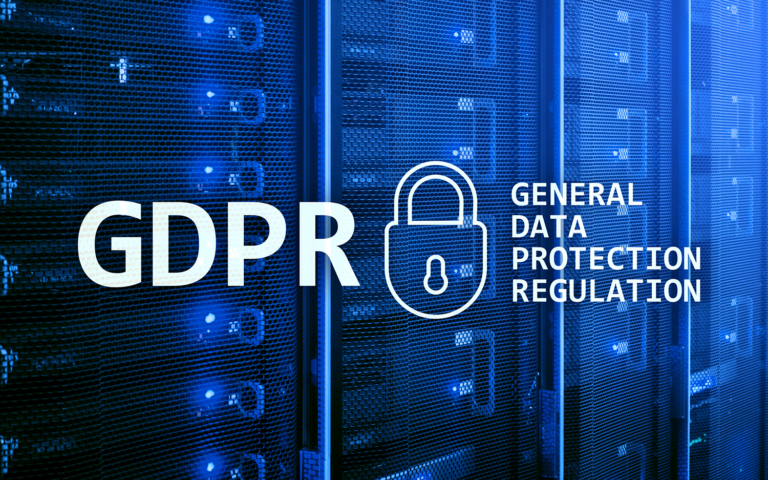
Challenges of AI
Cost: The initial investment in AI technology can be high. This includes the cost of hardware, software and ongoing maintenance.
Data Privacy: AI systems often rely on large amounts of data, raising concerns about how this data is collected, stored and used. Keeping up with evolving regulations related to AI and ensuring compliance can be challenging. This includes adhering to safety standards and data protection laws.
Integration: Integrating AI with existing forecourt systems can be complex. It requires compatibility with current infrastructure and may involve changes to operational processes.
Security Risks: As with all advanced technology, AI systems can be vulnerable to cyber-attacks. Ensuring robust cybersecurity measures are in place is essential to protect sensitive data and maintain system integrity.
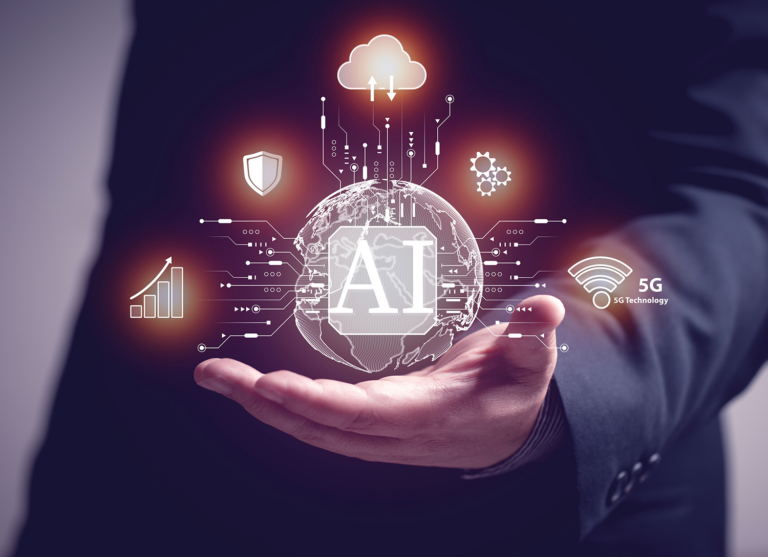
To Conclude
As fuel retailing adjusts to the impact of an advancing automotive market and shifting consumer behaviours, proactive management of health and safety and compliance will differentiate market leaders. By embracing AI technology, fostering a culture of safety and staying ahead of regulatory changes, forecourt retailers can navigate the evolving landscape while delivering exceptional customer experiences.
Health and Safety at TSG UK
TSG has over 30 years of experience in health and safety for the forecourt sector, with skilled professionals leading the team to safeguard all of its employees against the potential dangers associated with the industry. The emergence of AI within the fuel retail sector has been welcomed by TSG, as it creates a safer working environment for its technicians to perform service and maintenance assignments on the forecourt.
The integration of AI into forecourt operations not only enhances safety but also improves efficiency and customer satisfaction. TSG can assist station owners in selecting the right equipment to make a notable difference in the standard of health and safety on their site.

TSG’s Health and Safety Culture
Every TSG field technician is enrolled in an ongoing training programme and regularly undergoes lengthy and intensive hazardous zone tuition to maintain a safe working environment for themselves, site staff and visiting motorists/shoppers.
TSG companies throughout Europe, Africa and the UK demonstrate their commitment to health and safety by holding annual safety days across the group. These popular events are well supported and provide necessary insight into new legislation and recommended best practices. However, health and safety are so much more than a set of rules promoted on one day of the year, they are an integral part of the culture of TSG. To maintain a truly safe workplace, TSG employees consider health, safety and mental well-being to be of the highest priority in all activities both on and off the premises.
Employee engagement is key to the success of any initiative and safety is no different. TSG staff are encouraged to look for and report potential risks, propose new ideas and most importantly, take great care of themselves and their colleagues.
Author: Cheryl Ashton
